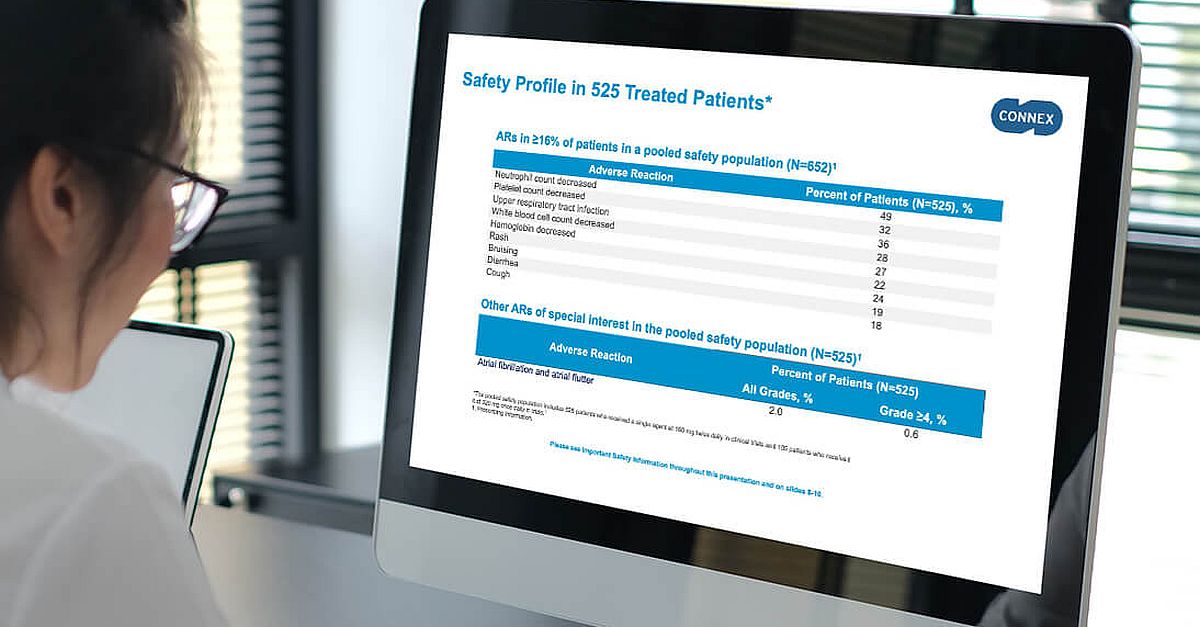Promoting well-being in healthcare providers (HCPs) and preventing burnout at individual and organizational levels have been priorities of the American Medical Association. Physician engagement is broadly accepted as crucial for lowering costs while improving efficiency, quality of care, patient safety, physician satisfaction, and retention. Despite sparse empiric data showing the association between physicians’ engagement and improved outcomes, many hospitals have made physician engagement a top strategic priority.
Potential Causes of Burnout and Engagement
The COVID-19 pandemic is driving lasting changes in the dynamics between physicians and patients, other clinical staff, and pharmaceutical representatives. Even before the pandemic began, large numbers of hematology/oncology physicians reported high levels of symptoms consistent with burnout, including frustration (78%), emotional exhaustion (69%), and work dissatisfaction (50%). Healthcare administrators acknowledge the high levels of burnout in physicians associated with COVID-19 pandemic stress, while physicians often don’t perceive that sufficient effort is being done to mitigate that burnout or to engage them.
Sixty-two percent of physicians say their burnout is being caused by their current employer. When polled, physicians indicated bureaucratic burdens interfere with patient care, such as productivity demands, electronic health records (EHRs), excessive paperwork, and insurance-related burdens, all of which are sometimes accompanied by declining income. These pressures placed on physicians make the business of medicine feel impersonal, and this impacts the physician-patient relationship.
Adjusting Ways to Approach Physicians
There are new opportunities for effective strategies for physician engagement. The communication tactics of pharmaceutical companies have broadened from product information to “support that meets [physicians’] most pressing needs.” Business intelligence indicates virtual engagement in health care is here to stay, altering the daily operations of HCPs in ways that can reduce administrative burdens, time-management demands, and stress.
Approximately half of general practitioners, 85% of cardiologists, 87% of immunologists, and 90% of oncologists had decreased the daily volume of patients they saw in their practice before the pandemic began. Restrictions in place that limit access to healthcare facilities have led to virtual or a mix of virtual and in-person meetings with pharmaceutical sales representatives, which 87% of HCPs hope will continue even after the pandemic ends.
“If you look across the industry the past 20 years, we’ve seen tectonic shifts,” says Chip Romp, Executive Vice President, US Commercial at Seagen, a global biotechnology company that discovers, develops, and commercializes transformative cancer medicines. “The sales rep has been there the entire time. Their role as a trusted advisor to physicians who can provide insight on the newest advances in a therapeutic area has not been replaceable. The pandemic is making us more efficient and effective. A marketer can now reach out to multiple areas around the country and never have to leave their office in a single day. Instead of having to piece together insights from disparate visits, which may not be connectable, the marketer can uncover common themes among customers in a short period, which in turn, helps the company better direct its resources.”
Understanding Physicians’ Professional Needs
Studies have found that both engagement and burnout are driven by connectedness with peers, mentorship, and opportunities for continued learning. Mitigating burnout and fostering physician engagement could be achieved by creating programs for physicians to have the time and opportunity to connect with each other and provide adequate support and resources for continued education and career development.
Proactive efforts to decrease burnout and increase engagement should focus on vulnerable physicians, including those who are new to their career and may find it challenging to find mentorship and continued learning opportunities, as well as physicians working at multiple sites of care and lacking opportunities to connect with colleagues. Other strategies include
- Improving the quality of communication between physicians and administrators
- Minimizing the administrative burdens for physicians, such as EHRs
- Increasing the availability of and access to mental health resources
- • Creating better work-life balance in physician schedules
- Relying on and better utilizing the functions of other clinic staff such as scribes and advanced practice providers to lighten the load taken by physicians
Improving Partnership Opportunities
Allowing physicians more opportunities to focus on the reasons they pursued medicine is especially important now, as they are needed more than ever in our fight to end the pandemic. Enabling physicians to dedicate more time to their passion for care can be a small investment with a potentially large impact on increased physician retention. Achieving these improvements requires physician buy-in to create a shared vision that aligns the health system and the physicians.
Provide the administrative support and the training necessary for all HCPs to do meaningful improvement work. Physicians want to be heard; listen to their concerns and address them. Cultivate trust and improve job satisfaction by acting on their concerns as you move forward with quality improvement efforts, resulting in better patient care and a more successful organization.
Aptitude Health
Building relationships with physicians can be a challenge. But trusted partner organizations provide immediate virtual access to HCPs. Aptitude Health’s digital platforms improve communication and encourage collaboration. We create connections between life science companies, clinical experts, and community-based physicians. Our hematology-oncology specialists provide your company with expert advice and feedback. Additionally, our robust virtual platform makes communication easy. Contact us to learn more about our services.

